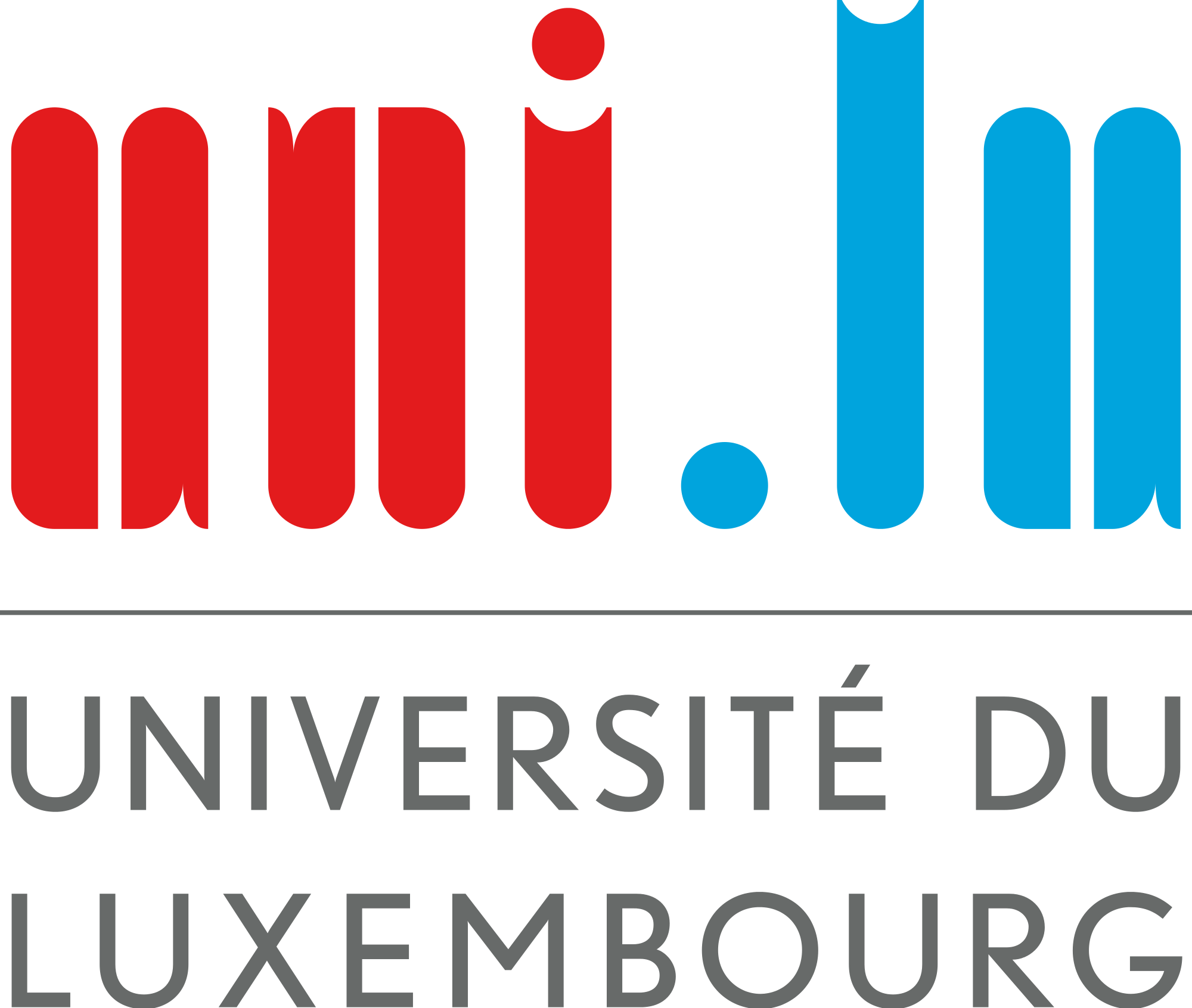
Today's network infrastructures are mainly based on approaches that were developed at the dawn of the World Wide Web. Integrating novel approaches presents challenges in changing traditional networking concepts. Recently a new concept aims to significantly modify the physical networking concepts and push these new concepts in areas like data centers, campuses or into the cloud: software defined networking (SDN).
The Cognitive Software Defined Networks (CoSDN) team at SnT Luxembourg and the Warsaw University of Technology is taking SDN a step further by working on an adaptive upgrade to this prevailing system. Their research aims to combine the efficiencies of SDNs with new cognitive learning algorithms and enhanced protocols to automatize SDN systems. These upgrades aim to increase efficiency, improve security and reduce the need for administrative involvement.
Software defined networks improve the efficiency of a network by consolidating configurations and management from distributed nodes and switches into a central management server. This eliminates logic gates and consequently speeds up networking while allowing better control for the server’s administrations. Such SDN systems are currently used worldwide by companies like Google and Amazon. In addition, nearly every networking company today is working to provide SDN solutions.
Through the cooperation with the Warsaw University of Technology, the SnT team aims to improve SDNs in two ways. The first is to create »learning« algorithms that can locate inefficiencies in the central server and automatically adjust traffic to optimized levels. Second is to incorporate automated security features in case of attacks, such as denial of service caused by clients. The network will be able to detect the problem and then react automatically to solve it and return to normalcy. This incorporates both detection and solution without the need for an administrator’s intervention.
The CoSDN project aims to push results to standardization bodies like the Open Network Foundation (ONF), who is in charge of the OpenFlow protocol definition, and the European Telecommunications Standards Institute (ETSI) to ensure compatibility and ease-of-access for future applications.
The project is funded by Fonds National de la Recherche, Luxembourg and coordinated by University of Luxembourg and Warsaw University of Technology. The duration of the project is three years: 01.01.2013 - 31.03.2016.
More information about the project can be found here.
